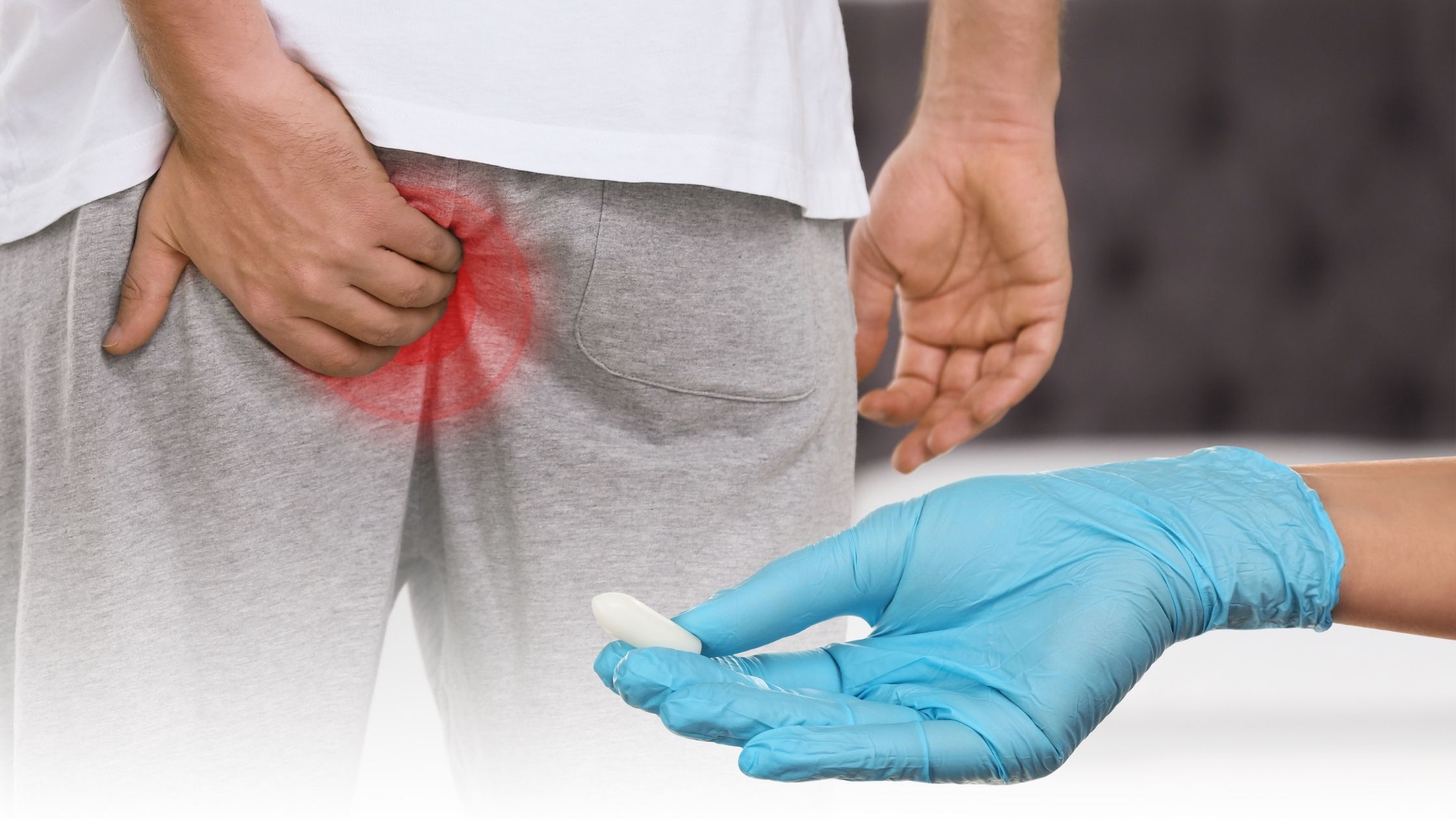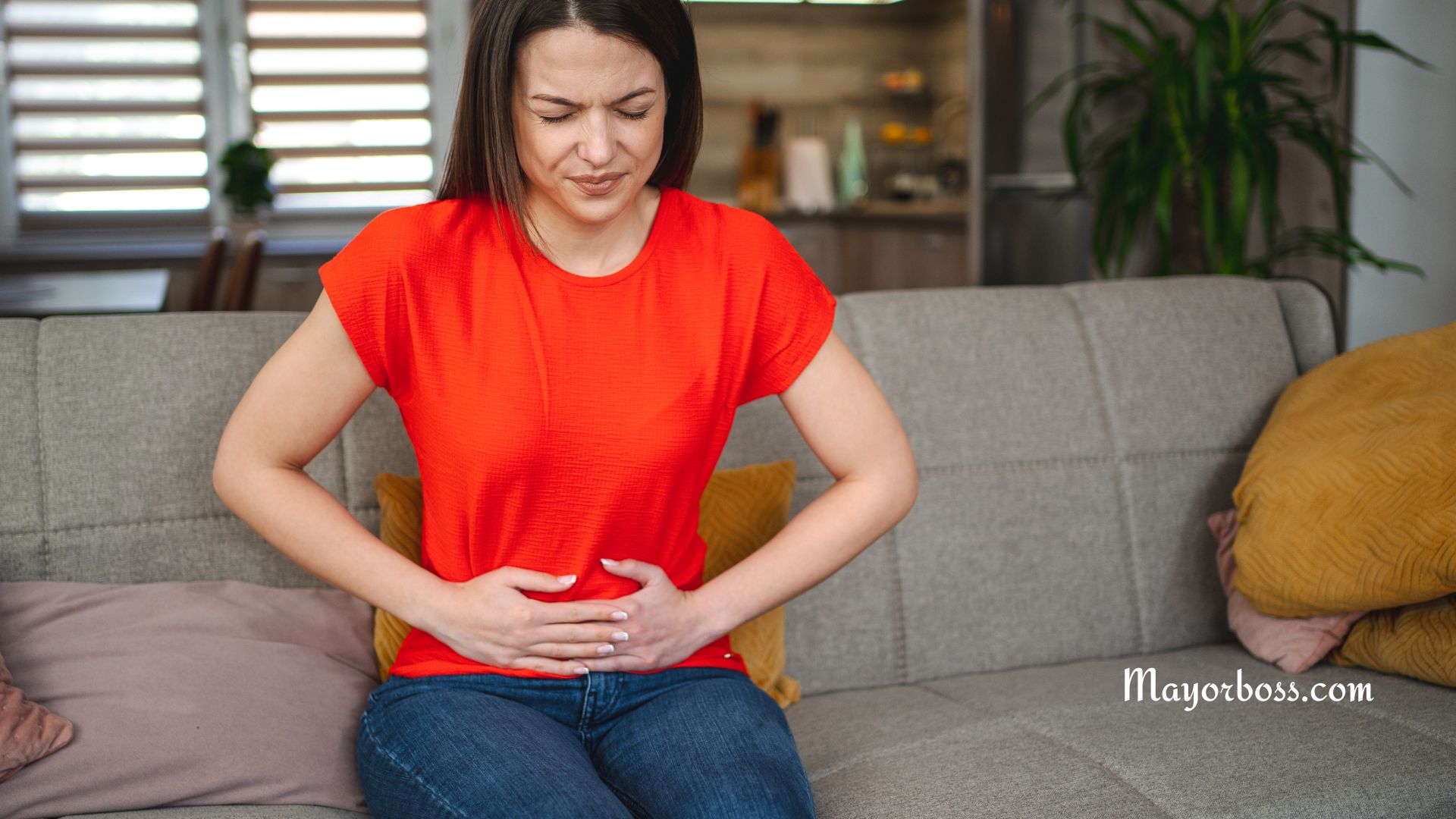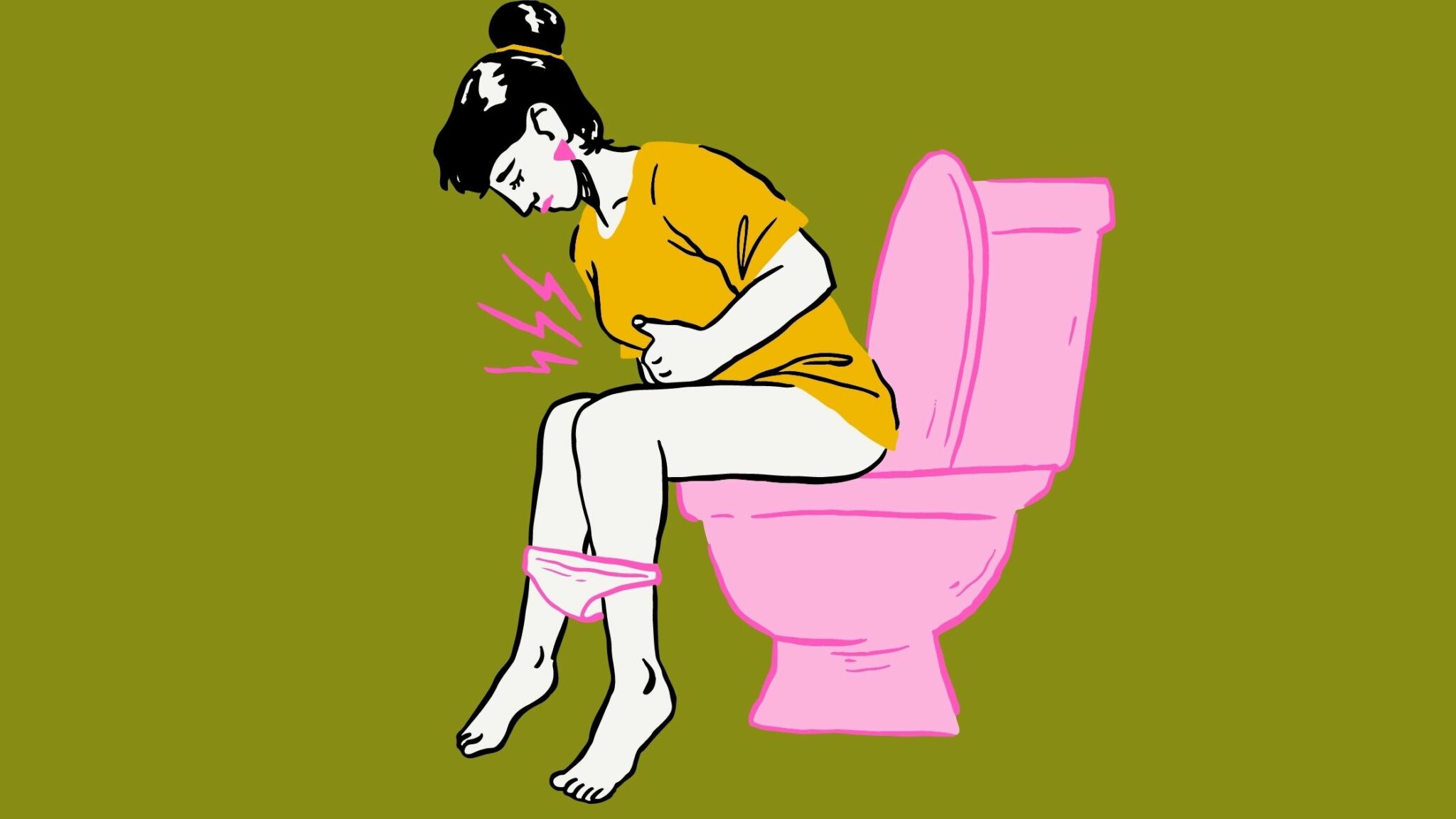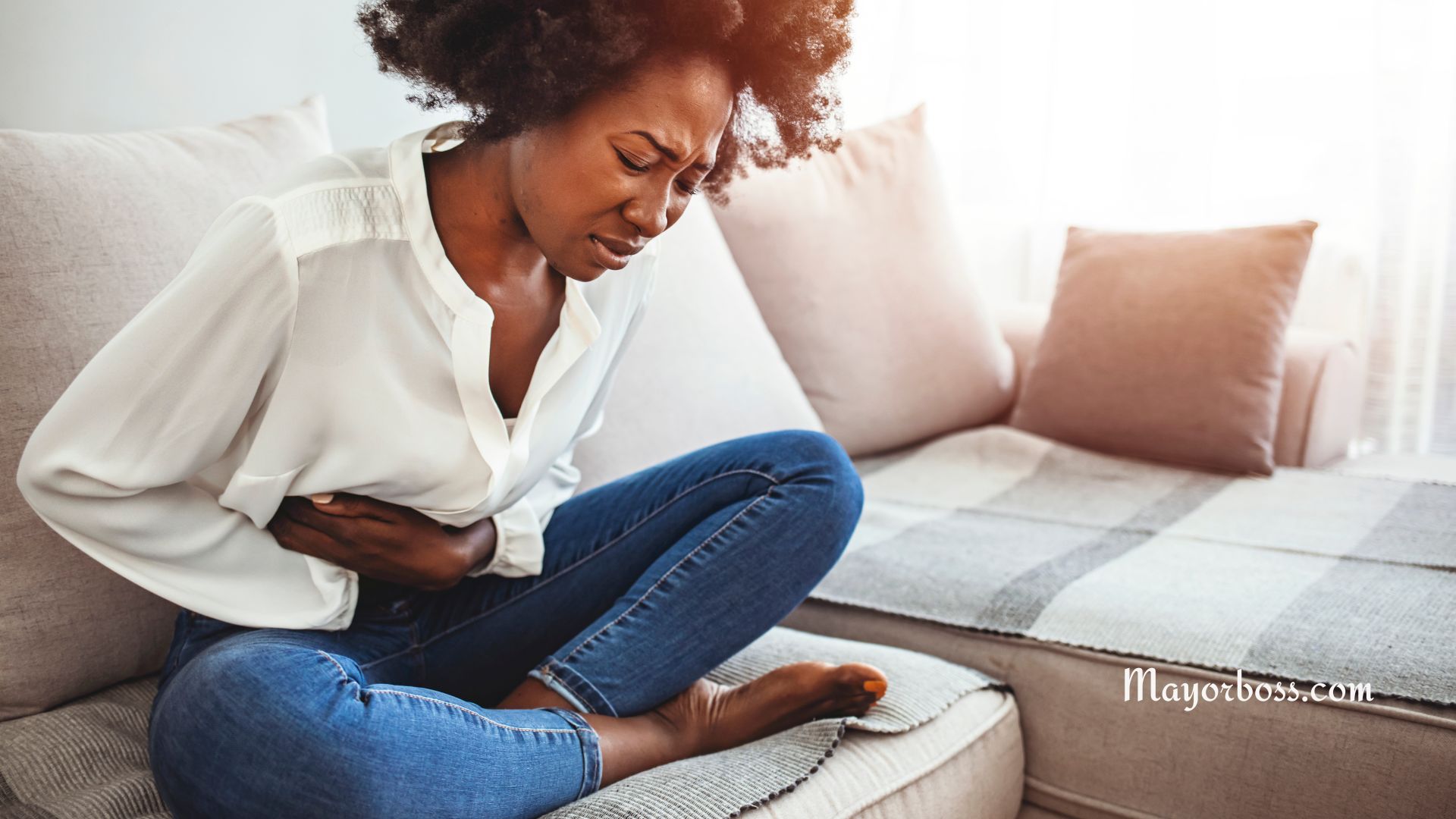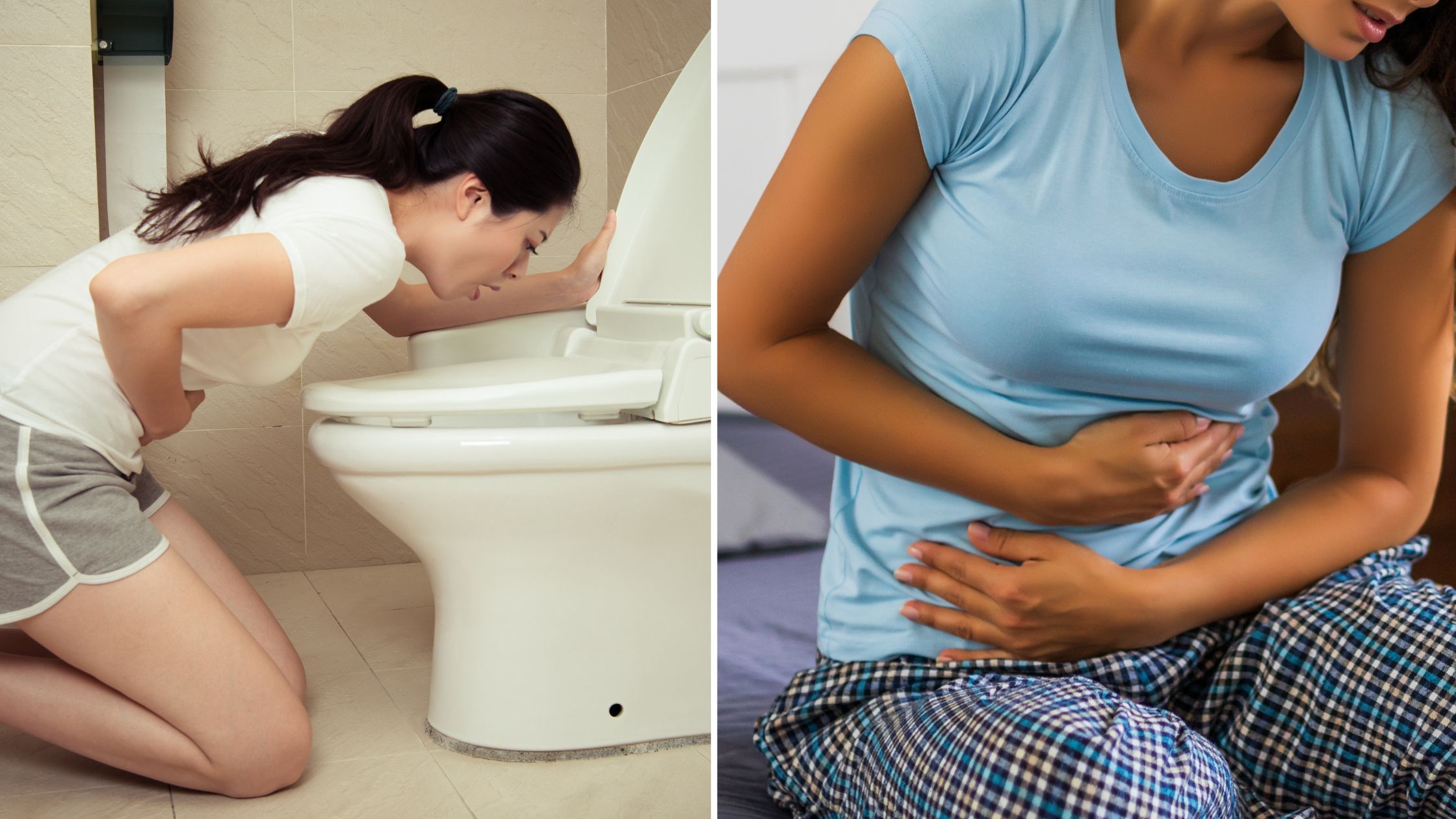How to Stop Diarrhea
How to stop diarrhea fast
Diarrhea is a common and unpleasant yet often treatable digestive system disturbance. There are a variety of ways to stop diarrhea, from changing your diet to taking medication.
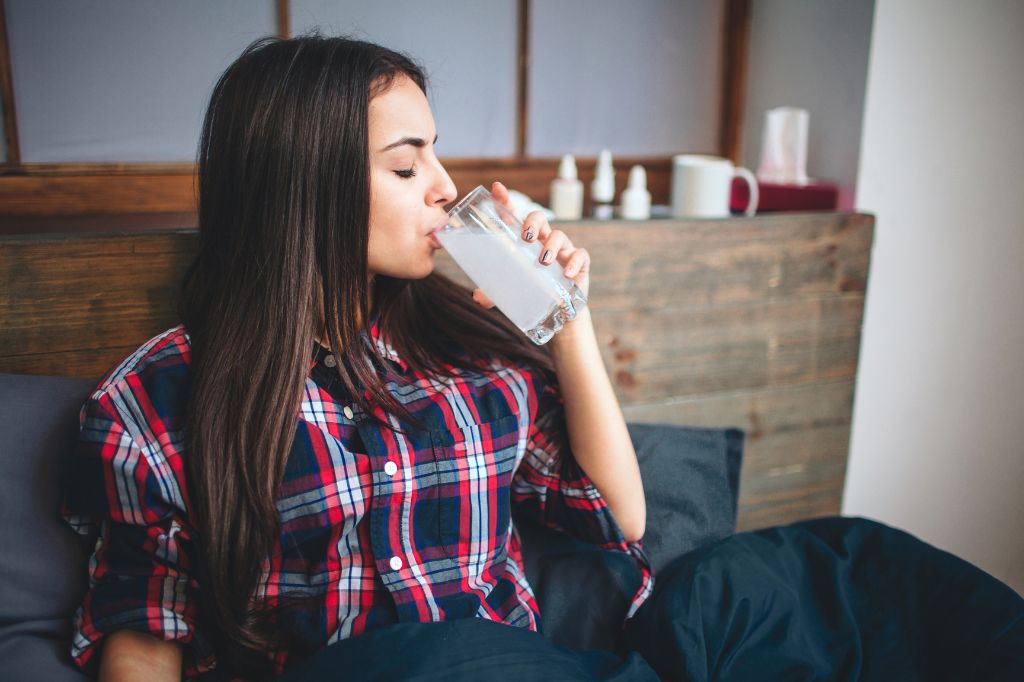
Here are some tips that may help you control or stop diarrhea:
1. Take medications
Taking over-the-counter medications like loperamide (Imodium AD) can provide short-term relief from diarrhea. Other options include bismuth subsalicylate (Kaopectate), which helps reduce nausea and vomiting associated with certain forms of diarrhea. If these methods don’t work for you, talk to your doctor about taking prescription medications like antibiotics or even antidiarrheals like cholestyramine (Questran).
2. Stay hydrated
Since diarrhea causes dehydration every time it strikes, drinking lots of fluids is key for staying hydrated throughout the day. Non-caffeinated drinks like water, herbal teas, and clear broths are great options when recovering from an episode of diarrhea—they contain electrolytes that aid in rehydrating the body quickly without upsetting the stomach further.
3. Change your diet
When you have diarrhea, it is important to watch what you eat. Eating the wrong foods can make your symptoms worse, so it’s best to avoid high-fat or fried foods, dairy products, alcohol, and spicy dishes. Instead, focus on nutrient-rich options that are easy to digest. Stick with bland foods like bananas, rice, applesauce, toast, and cooked vegetables such as carrots and potatoes. Bland crackers like saltines can also be beneficial to quickly relieve diarrhea.
4. Increase fiber intake
Increasing your dietary fiber is a good way to help prevent and stop diarrhea. Foods like whole grains, beans, lentils, legumes, fruits, and vegetables are all high in fiber and can help add bulk to your stool. This can help make it easier for your body to pass the waste through the digestive tract. Adding a fiber supplement like psyllium husk to your diet can also help.
5. Get more rest
Diarrhea can be uncomfortable and exhausting on the body, so getting plenty of rest is important while trying to recover. Make sure you take frequent breaks during the day and always make time for good sleep at night; this will help strengthen your digestive system and bolster overall health.
Learn More: What Causes Diarrhea After Eating?
When to see a doctor
It is important to seek medical attention if diarrhea persists for more than two days or is accompanied by fever, vomiting, weakness, or dehydration. If you experience bloody stools, black stools, abdominal pain, or rectal pain, then it is even more important to contact a healthcare provider immediately.
It’s also wise to check with your doctor if you experience chronic diarrhea and none of the above-mentioned treatments have been successful in treating it.
Additionally, if you are pregnant or older than 60, in that case, it is always best to consult a physician before self-administering any medication, as these categories often require special care and precautions when dealing with diarrheal episodes.


